Stop Right Here:
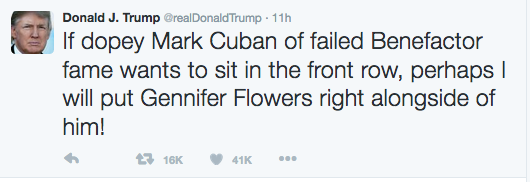
For one moment, let’s just forget the content of the above Tweet. The tweet and so Twitter should interest us as a phenomenon in and of itself. The social media of choice for Barack Obama was YouTube. So let me quote the first paragraph from my book Politicking and Emergent Media:
In 2008 Barack Obama utilized the new possibilities of the Internet far more effectively than did his rivals Hillary Clinton and John McCain, giving the young Senator a crucial edge in the Democratic nominating process and general election. For example: After suffering unexpected defeat in the New Hampshire primary, Obama delivered an inspirational speech on live television in the late evening: “Yes We Can.” Although this address to his disheartened supporters went largely unseen due to the late hour and the many competing campaign narratives of the day, his campaign organization immediately reposted the broadcast to the candidate’s YouTube channel, where it became an Internet phenomenon. Its impact was further augmented by Will.I.Am’s immensely popular “Yes We Can” music video, which echoed Obama’s New Hampshire oratory as an array of performers voiced what may be the most potent campaign song in US political history. This speech is often said to have propelled Obama to the nomination and ultimately the presidency, but it was the Internet that made that possible. Likewise, Obama supporters from around the world expressed their heartfelt enthusiasm for his candidacy on the Internet, usually in song. This ran the gamut from a popular video showing members of Obama for Obama––a group from Obama, Fukui, in Japan––joyously singing “O-B-A-M-A OBAMA!” to a YouTube posting by a young Swedish woman of Finnish ethnicity who was working in the United Kingdom as a nanny: alone in her small, underfurnished room in the early hours of the morning, she sang a song to celebrate his nomination. It would barely receive 100 views.
Has any one gone on YouTube to look for campaign songs this election? It is hard to imagine someone writing a campaign song to celebrate either Clinton or Trump unless it was tongue in cheek–or they got paid a lot of money. There were a few music videos for Bernie Sanders––such as the Simon & Garfunkel song America. But even then the song wasn’t written about Sanders. He lacked a “Yes, We Can” song. But it probably wouldn’t have made a difference. Internet energy was headed elsewhere–to Twitter.
Twitter is the social media form of the 2016 election, and Donald Trump is not only the master of it, he is the person who made it the media form of choice. He has 11.7 million followers–not quite 2 million more than Hillary Clinton. But compare the ways each of the candidates use it. Whatever you think of Trump, you are getting Trump. It is first person Twitter. Hillary’s page is all in the third person. Consider how they just handled two key endorsements:
Clinton was endorsed by the NYTimes: 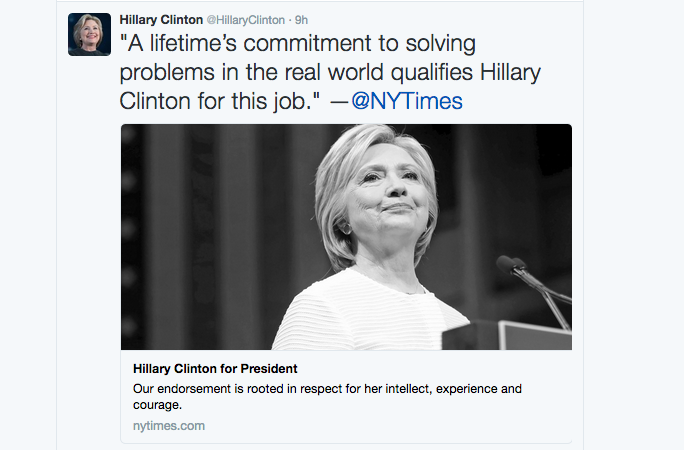
Her twitter feed shows it off, but frankly I already knew that she got the Times endorsement. Nothing new here. What did she think about it? Of course it was a certainty but she could have at least offered up a thanks.
That’s what Trump did when he got an endorsement from Ted Cruz:

Of course, I already knew that Cruz endorsed Trump. But I didn’t know how Trump was reacting to Cruz’s cave-in. Magnanimously as it turns out. Having been humiliated and defeated by Trump, Cruz finally pays fealty to his lord and master. Trump could have dismissed the endorsement with distain, sending Cruz to the coal mines, but he didn’t. He is generous in victory. In contrast, Hillary’s twitter feed is like a news aggregator.
But let’s now go back to the first tweet:

My God, Donald Trump is taking the low road even as he goes nuclear. Bringing Gennifer Flowers to the debate as his special guest: Isn’t that misogynistic? It probably is. But why at this moment? First, it is a response to the announcement by Mark Cuban that he was going to be Hillary Rodman Clinton’s guest at the Monday debate.

Presumably having Cuban at the debate might unsettle or distract the Donald. The Texas billionaire is not only a Hillary supporter but in longstanding feud with Trump. It is interesting that Cuban (with his 5.57 million followers) announced this piece of news–not the Clinton campaign. Perhaps it was Cuban’s idea? In any case, it makes her look a little weak.
Trump wants to ensure a favorable debate environment for himself. He doesn’t need a fellow billionaire in the front row mocking him. In any case, the Donald won’t allow himself to be upstaged. So jujitsu. Gennifer Flowers will get a lot more attention from the press than Cuban. Once again Trump is top dog. He must have been waiting for a chance to play the Flowers card, and Hillary gave him the opening (it was only a question of time). Will we have both Mark Cuban and Gennifer Flowers in the front row? Who knows. Las Vegas has probably established the odds already. The campaigns are doubtlessly negotiating as we speak. And it will be interesting because this is the kind of “art of the deal” that Trump savors. So stay tune. It should ensure a record breaking audience for the first debate.
But haven’t we forgotten something? Well yes. Certainly this is all a lot more titillating than some boring New York Times endorsement, which is hardly a surprise and barely news. Isn’t your salacious mind much more inclined to google Gennifer Flowers, reflect on her scandalous past with Bill Clinton and speculate on how upsetting it might be for Presidential candidate Clinton to have her in the front row. Why worry about actual issues and the candidates’ vision for America when we have this political blood sport to watch? Once again Trump seems on top–doing to Clinton what he did to Cruz.
How does this connect with politics in the late nineteenth century? Well when Democrat Grover Cleveland was running against Republican James Blaine, he was viciously attacked for an illicit affair and a child born out of wedlock. Blaine’s supporters ridiculed Cleveland by chanting “Ma, Ma, Where’s my Pa? After Cleveland won in a squeaker, his supporters happily responded: “Gone to the White House, Ha, Ha, Ha.” The Gennifer Flowers card is a powerful one, but it could also backfire.
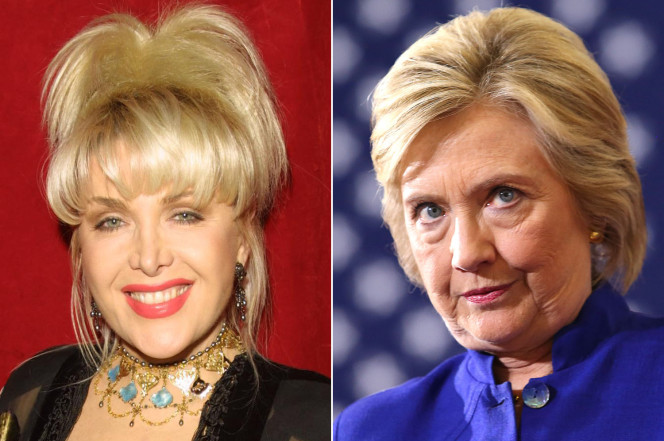
More on Flowers in my next post.
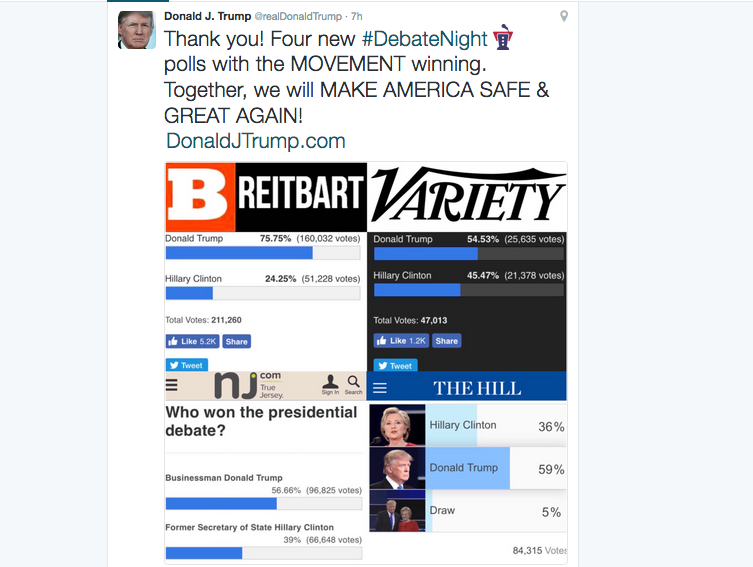
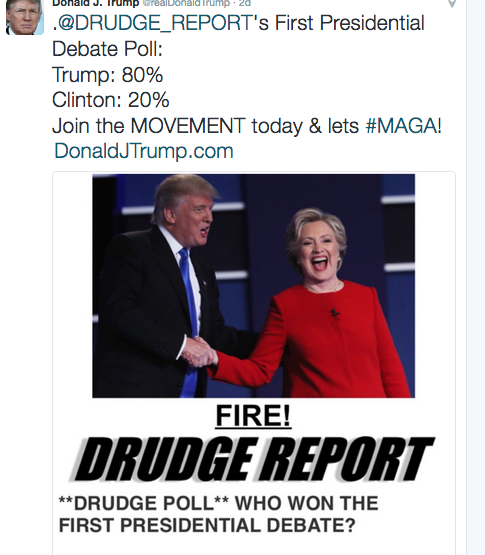
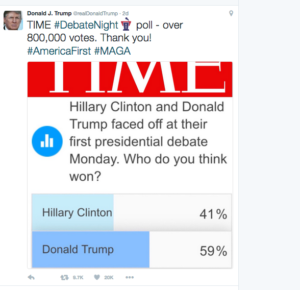
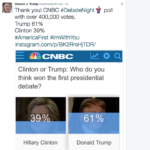
 And who can disagree, given that Real Men don’t watch CNN. Poor Hillary was left posting and boasting about one lousy poll:
And who can disagree, given that Real Men don’t watch CNN. Poor Hillary was left posting and boasting about one lousy poll: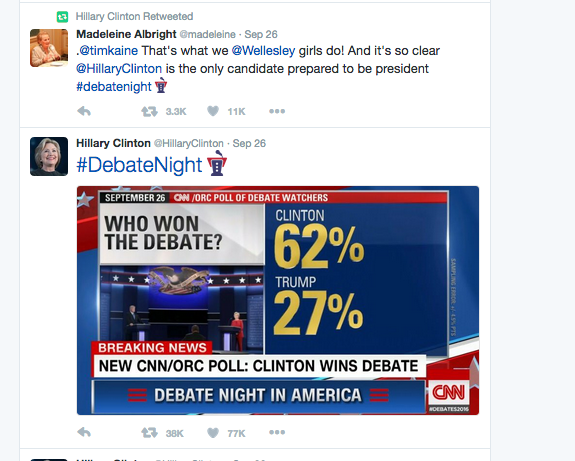
 Of course, having assumed the role of an identified Trump supporter, I quickly replied that Trump won the debate. Didn’t all the polls–particularly the polls on his website–already prove it?
Of course, having assumed the role of an identified Trump supporter, I quickly replied that Trump won the debate. Didn’t all the polls–particularly the polls on his website–already prove it?





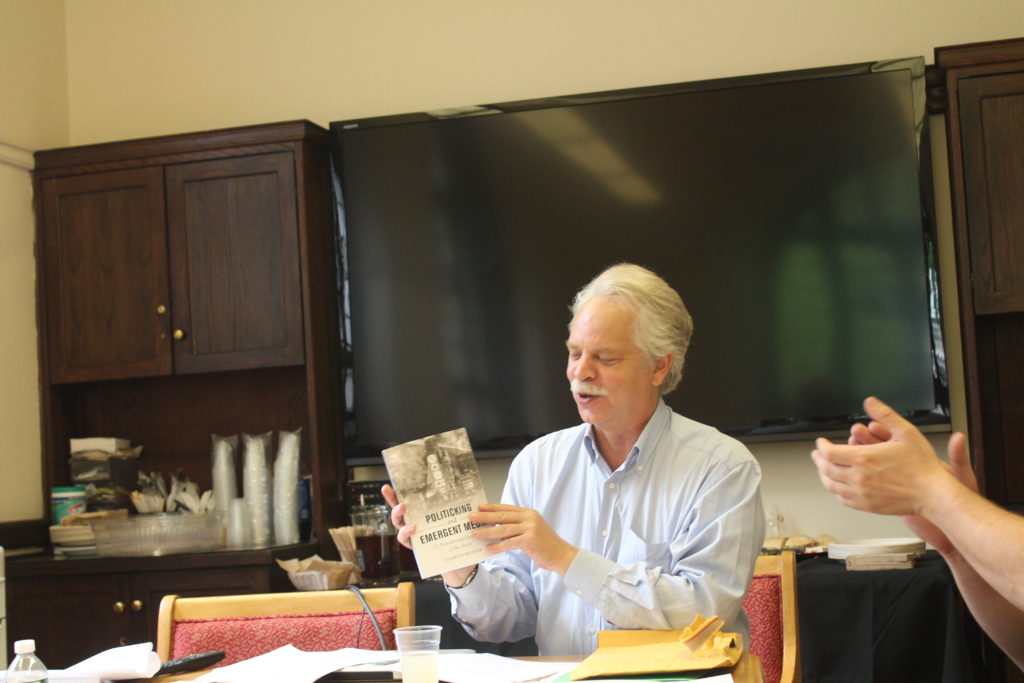
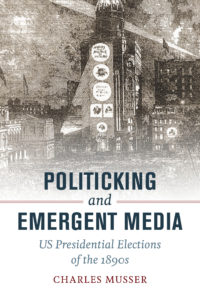 I am not myself always media fluent. I’d been trying to get this site off the ground for the last two months. But today my book
I am not myself always media fluent. I’d been trying to get this site off the ground for the last two months. But today my book